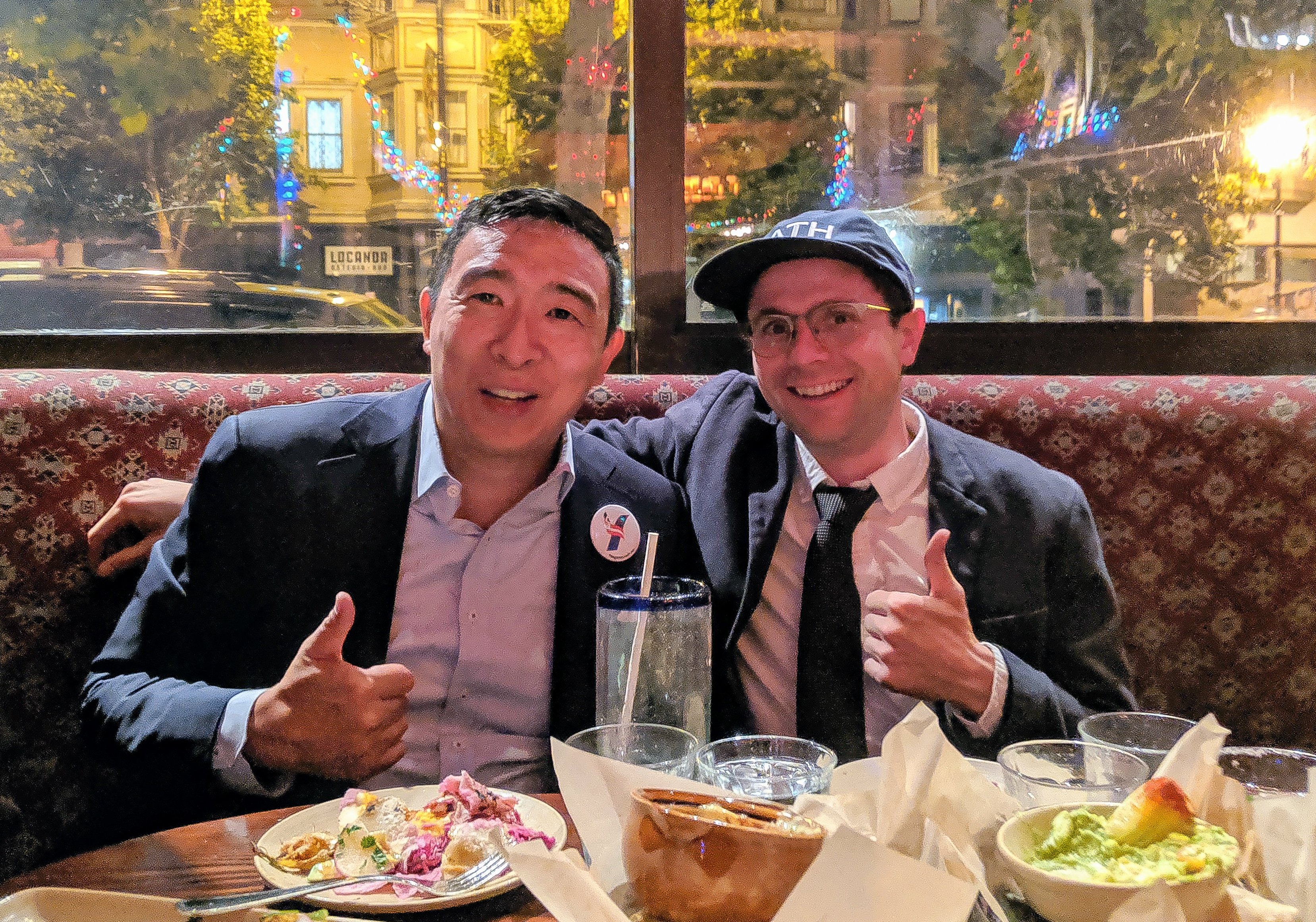As the 2020 Democratic primary ramps up, students have been working to garner support for candidates, form political communities and spur policy discourse on campus. None of these groups are officially recognized as Voluntary Student Organizations (VSOs), but they are nonetheless using their informal platforms to support various Democratic candidates.
Cardinal for Warren is the largest and longest-running presidential campaign organizing group on campus, with a core group of around 20 students along with several dozen more affiliated members who attend their events.
In addition to traditional volunteer campaign work such as door-knocking, canvassing and phone-banking, Cardinal for Warren has hosted events including Candidate Trivia Night and debate watch parties.
“[Events are] a fun way to get together around politics on campus in a friendly way despite differing opinions,” said Cardinal for Warren Chapter Lead Chloe Stoddard ’21. “They also can show that Warren has a presence on campus.”
Stoddard said she hopes to increase Stanford students’ engagement in politics.
“The Stanford bubble can sometimes make students feel unaffected by the state of the nation’s politics,” Stoddard said. “That’s a massive misconception.”
Kyra Whitelaw ’21 also hopes to engage students in politics and increase on-campus support, but for a different candidate — Cory Booker ’91, M.A. ’92. Whitelaw describes Booker as a candidate with a “strong moral compass” and an ability to “unite the nation,” but acknowledges that his disappointing performance in polls has made some students less willing to campaign for him.
Whitelaw leads Cardinal for Cory with hopes that students will become more willing to learn about the Booker campaign.
“His candidacy is about much more than just beating Donald Trump — it’s also about improving the moral character of our country,” Whitelaw said.
She hopes the organization will appeal to students who are “undecided or don’t know a lot about the candidates yet.”
Undergraduates are not the only ones involved in organizing support for 2020 presidential candidates. Mikey Fischer ’20 Ph.D. leads Yang Gang Hangs, informal gatherings of people interested in Andrew Yang. Aside from encouraging voters to support Yang in the primaries, Fischer sees his role as one of increasing on-campus discourse about Yang’s policies, which often differ from those of other presidential candidates.
Fischer is especially interested in reaching Stanford’s computer science community because of Yang’s emphasis on technology and artificial intelligence.
“It’s really important for people at Stanford to study government because technology and government are coming closer and closer with each other,” Fischer said.
He is also organizing discussions about the advantages and disadvantages of universal basic income (UBI), Yang’s trademark policy proposal.
Despite their different candidate affiliations, there is no animosity between the different groups, members said. Yang events, for example, are open to those who are “Yang-curious” and Cardinal for Cory includes members who are “not necessarily decided on supporting [him].”
Ultimately, Stoddard, Fischer and Whitelaw hope to educate the Stanford community about the different candidates’ policy positions.
“This primary is really about us standing up for what we believe in and our values,” Whitelaw said.
Contact Lena Han at lahan ‘at’ stanford.edu.
